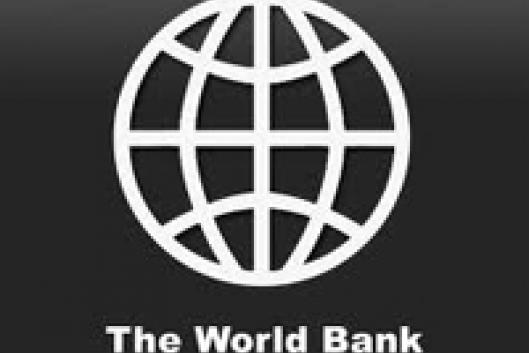Solo disponible en inglés -
ENGLAND, UK, APRIL 19TH, 2004.
Today, over fifty environmental and social justice NGOs and other groups sent a letter of protest to the World Bank calling for the closure of its new emissions trading fund, The Prototype Carbon Fund.
In the year of the World Bank's 60th anniversary and in the run-up to intense protests in Washington D.C. at their annual meeting this month, the groups state that the Bank's new fund is destructive greenwash and has in fact created extra problems for communities and the environment. The fund was set up in 1999 to facilitate the new trade in greeenhouse gases created under the Kyoto Protocol. The NGOs state that so far the fund has exacerbated existing human rights violations and furthered environmental destruction.
One of the fund's model projects is located in Brazil and involves the expansion of monoculture eucalyptus plantations owned by the Plantar corporation. The plantations were originally established by forcibly evicting geraiszeiros peoples from the land and since then the plantation's owners have been accused of creating "slave-like conditions"1. Furthermore, the plantations have heavily polluted surrounding water sources, thus devastating the livelihoods of local farmers and fisherfolk.
The World Bank will fund the expansion of these plantations in order to generate 'carbon credits' for the international trade in greenhouse gases.2 However, on top of the impacts upon the local environment and peoples, the verifiers of the carbon credit scheme, the Norwegian company Det Norske Veritas, have stated that there is no guarantee that the project will actually have a permanent positive effect on the climate. Marcelo Calazans from local Brazilian NGO FASE-ES states:
"This and many other projects have terrible negative impacts on local people and environments and it is still unclear if there is any real benefits for the climate. We believe that the Prototype Carbon Fund should cease operations and close down immediately."
Attached is a full copy of the letter sent to the World Bank and the signatories. For more information please contact Larry Lohmann (The Corner House) on 01258 473795/821218 or Heidi Bachram (Carbon Trade Watch) on 01865 240644. For background, see also http://www.tni.org/ctw and http://www.thecornerhouse.org.uk
1 The Montes Claros (MG) Pastoral Land Commission (CPT), an organisation originating in the Catholic Church, which is very much respected due to the fact that it defends the peoples' right to the land. It followed closely the first Parliamentary Investigation Commission (CPI) set up in 1994 against the forestation companies, including V&M (which was Mannesman at that time) and Plantar, verifying the practice of slave labour on the companies property. ( http://www.wrm.org.uy/countries/Brazil/fsc1.html )
2 The Plantar project in Minas Gerais, Brazil is the first carbon sink project seeking credit through the Kyoto Protocol's Clean Development Mechanism. It involves planting 23,100 ha of Eucalyptus plantations to produce wood for charcoal, which will then be used in pig iron production instead of coal. In addition to this so-called avoided fuel-switch component, the project also claims carbon sequestration credits for the trees planted. ( http://www.sinkswatch.org )
